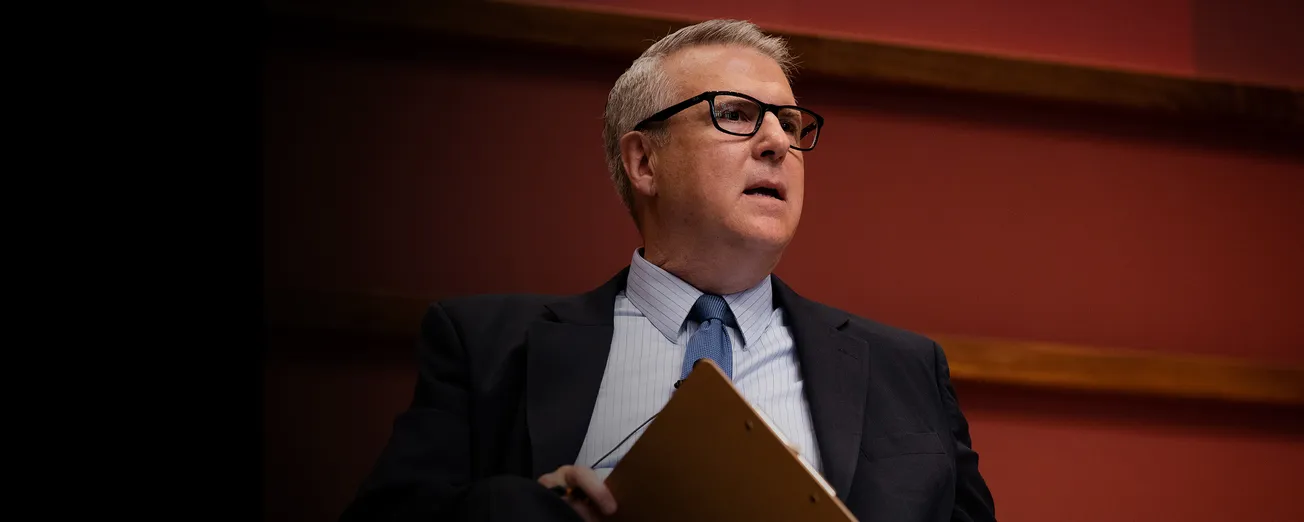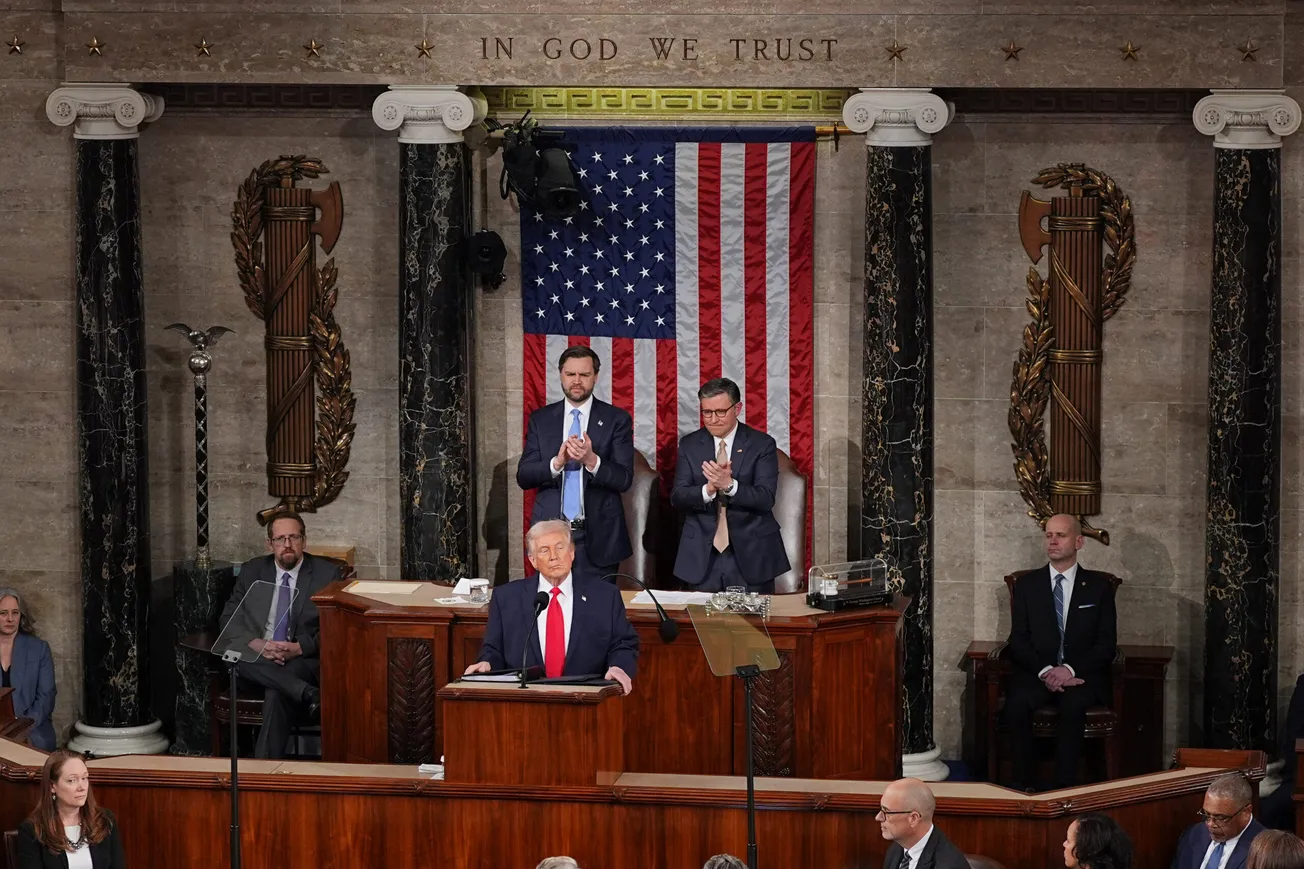Table of Contents
Reid’s comment suggests that he associates Black English with lack of polish and low intelligence, okay. But before we burn him in effigy for it or ask “What’s that all about?” as if we don’t know, let’s admit that most Americans feel like Reid does. He wasn’t being a benighted “racist” holdout; he was speaking as an ordinary American person. We have caught him in nothing we don’t most of us feel ourselves.
Basically, McWhorter argues, Reid was expressing something that Americans (black, white, or otherwise) in general feel, which is that Black English is regarded much the way Reid’s comments would suggest, as a second-class dialect. McWhorter also makes the important point that not all African-Americans speak Black English, and that Reid understands, as do the rest of us, that Barack Obama falls into this category. For better or worse, it’s hard to argue with the claim that Reid “implied that black dialect is less prestigious than standard, such that not speaking it made Obama more likely to become President.” Or that it is correct. McWhorter concludes:
Reid implied that Black English is lesser than standard English and that it’s therefore good that Obama doesn’t use it in public. This is not about whether black people have to sweat to speak standard English; it’s about whether Black English is as good as standard English. Most of America black as well as white is at the exact same point in understanding vernacular speech and its proper evaluation as Reid is.
In similar news, Rod Blagojevich has been catching some heat for claiming that he is blacker than President Obama. Obviously Blagojevich is a joke, and the sooner he is gone, the better. But the context of this claim is an important one. The crux of his argument is that I, Rod Blagojevich was poor. I shined shoes. I lived in a five-room apartment. My dad had a laundromat in a black neighborhood. Barack Obama did none of these things, so I am blacker than him. True/Slant’s Sara Libby put it succinctly:
Being poor does not make you black. Living near black people does not make you black. Shining shoes does not make you black. Being BLACK makes you black. Associating any of the circumstances Blagojevich listed with blackness is appalling.
The problem though, with that last sentence is that, appalling though it may be, it would be disingenuous to argue that these are not widely held beliefs. Being poor, hanging around black people (presumably picking up their mannerisms in the process) and as mentioned by McWhorter, speaking Black English are intimately tied to our conceptions of black people. Everyone knew what Blagojevich meant when he said that. Blagojevich’s comments are unacceptable though, because unlike with Reid’s Negro dialect kerfuffle, Blagojevich was implying: “not only are these our (negative) conceptions of black people, but they are actually true. Blackness is poorness.” Reid was making a claim about our attitude toward blackness, without saying whether or not the proposition that “Negro dialect = unpolished and unintelligent” is a true one, merely most people feel that way (McWhorter notes, “Black English is as systematic as standard English”).
Whether Reid is guilty of anything more than using an archaic word for African-American or not, conservatives should not be excoriating him, nor should they (including Michael Steele) be pointing to Trent Lott’s resignation in the wake of his wistful remembrance of Strom Thurmond’s 1948 segregationist presidential campaign at his 145th Birthday or whatever it was to say that Harry Reid should resign. Steele apparently cares nothing of the conservative principle of free speech and transfer of ideas. He has no interest in trying to decrease the frequency of victimization as an instinctual reaction to any racial issues. He never says, “Harry Reid is a racist. So was Trent Lott.” It’s basically, if our guy had to go down because he said something racially insensitive, but not actually racist, so should yours. It’s a cheap political move at the expense of a principle.
Similarly, when Mike Huckabee was vilified by those on the left for his pardon of Maurice Clemmons, who would then murder four police officers, that was a similar attempt by some on the left to score cheap points, and no prominent Democrats rushed to his defense (the way John Ensign of all people has for Harry Reid). Ta-Nehisi Coates explains the problem:
I disagreed with Josh Marshall rapping Huckabee for clemency. I don’t know Josh’s views on the subject, but rapping a governor for granting clemency strikes me as the sort of thing we’d decry if Huckabee were a Democrat. Moreover, from my vantage point, Huckabee was right. In the coming days we’re going to hear a lot about all the Arkansas clemency cases that went bad. But we won’t hear much about all the ones that went right. We won’t hear about the people Huckabee let out of jail, who didn’t belong there and went on to lead responsible lives.
It’s worth reviewing what actually happened in the Maurice Clemmons case. Huckabee, apparently, reduced the sentence of a guy who was given 100 years in prison, for crimes he committed between the age of 16 and 18–none of which were murder or rape. I just find it impossible to criticize him for that decision.
In short, we should not criticize the Harry Reids and Mike Huckabees on the other side of the aisle when their actions leave them vulnerable if doing so requires a violation of our principles.
I know racial issues are by definition contentious, but I am curious what you guys think. Can Harry Reid be excused, has he made a fatal Kinsley gaffe, or are we seeing a racist for who he really is. To this third theory, some have alleged that it could be tied to his Mormonism, a religious sect that has had a rocky relationship with African-Americans, to say the least.
And to finish, one more unrelated Harry Reid fact: he once tried to strangle someone for trying to bribe him.




